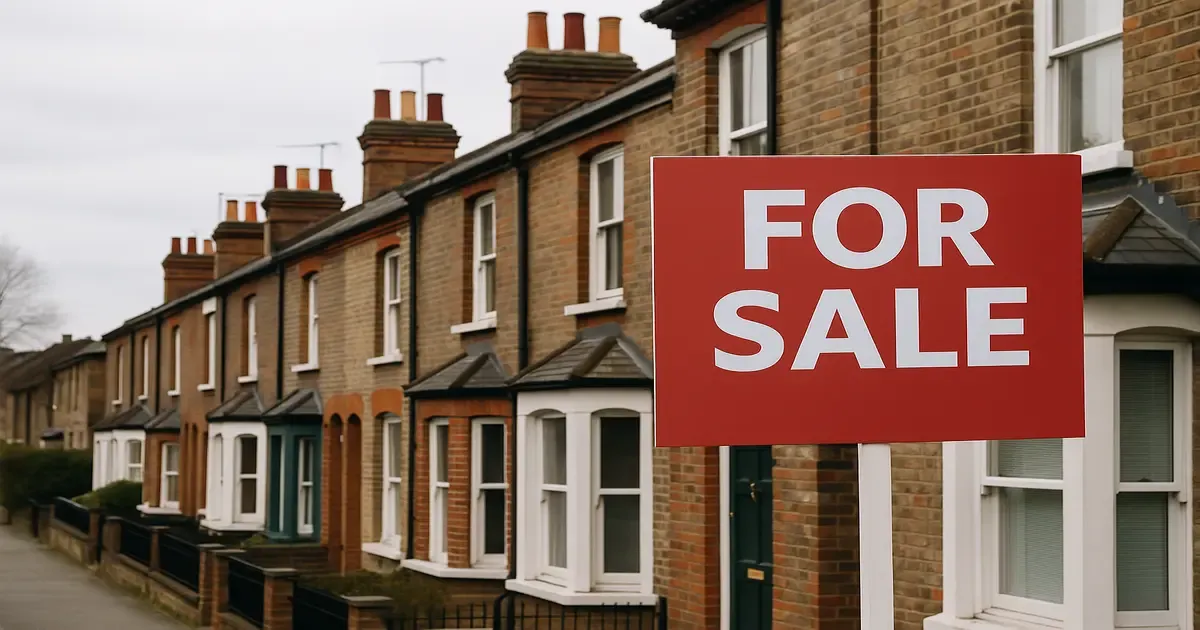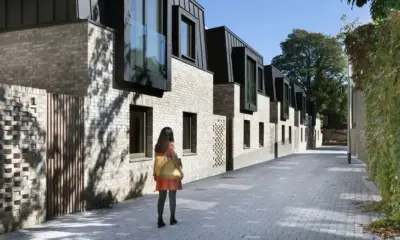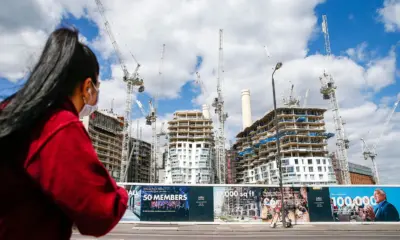Latest News
London’s Housing Crisis Deepens as Property Taxes and Rents Surge in 2025

London’s housing market has entered 2025 under renewed strain, as soaring rents, stagnant wages, and rising property taxes converge to squeeze both homeowners and tenants. Despite new government initiatives aimed at improving affordability, the crisis continues to expose structural flaws in supply, planning, and taxation turning housing into one of the most pressing social and economic issues facing the UK.
Rising Rents and Stalled Affordability
According to data from Rightmove and Zoopla, average London rents climbed to £2,650 per month in early 2025, a 9% increase from last year. Central boroughs such as Westminster, Camden, and Tower Hamlets remain particularly unaffordable, with rents consuming over 50% of average household income.
The shortage of available units continues to drive competition, as population growth and delayed construction projects outpace supply. The government’s 2025 “Build to Rent Expansion Scheme” promises to accelerate new housing developments by offering tax incentives to private developers, but planning backlogs and high material costs have slowed progress.
Meanwhile, first-time buyers face daunting barriers. The average property price in Greater London stands at £531,000, according to the UK Land Registry, while mortgage rates hover around 5%, making home ownership increasingly unreachable for young professionals. The share of under-35 homeowners has fallen below 35%, its lowest in two decades.
Property Tax Debate and Government Response
The government’s proposal to introduce a revised property value tax has ignited political controversy. Under the plan, high-value homes above £2 million would face a marginal increase in annual tax rates to fund affordable housing programs. Proponents argue the move targets wealth inequality and speculative ownership, particularly from overseas investors, while critics claim it could deter investment and strain London’s real estate sector.
Mayor Sadiq Khan has called for a balanced approach, emphasizing long-term solutions such as rent controls and public housing expansion. However, the Treasury maintains that “market-based solutions” remain essential to ensure private sector participation.
Recent data from Knight Frank shows that overseas investment in London property fell by 12% year-on-year, with buyers from Asia and the Middle East diversifying into emerging EU markets such as Lisbon and Berlin. Analysts warn that sustained tax hikes could further erode London’s global appeal as a property investment hub.
Broader Economic and Social Implications
Beyond the financial implications, the housing crisis is reshaping London’s workforce and demographics. Key workers from teachers to healthcare staff are increasingly moving to satellite towns like Luton, Reading, and Milton Keynes, leading to longer commutes and localized labor shortages.
Economists from the London School of Economics (LSE) note that housing pressures are now a major drag on productivity, as businesses struggle to attract and retain skilled employees. The ripple effects also extend to the rental tech and proptech sectors, which are innovating around co-living models and digital leasing platforms to fill market gaps.
Conclusion
London’s housing challenge is more than a cyclical market correction; it is a systemic issue demanding long-term policy reform. Without a coordinated push on supply, taxation, and social housing, affordability will remain elusive. For now, the city’s skyline continues to rise, but so too do the barriers separating London’s renters from the dream of ownership.






















